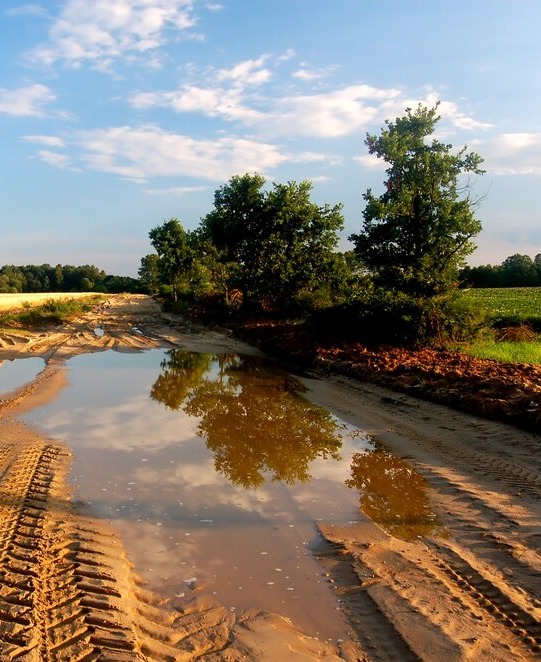
SOIL AND WATER MANAGEMENT
Soil and water management is a set of strategies and techniques applied to ensure the sustainable use of these two resources, which are the basic building blocks of agriculture. Creating fertile and healthy agricultural lands, preserving water resources and leaving them to future generations, and maintaining the environmental balance are the most important goals of these managements.
Soil Management
Soil is a living ecosystem that provides the nutrients and minerals necessary for plant growth. One of the most important elements in soil management is to maintain the fertility of the soil. For this purpose, techniques such as increasing organic matter, crop rotation, use of compost, and natural fertilization are applied. Preventing erosion helps preserve the nutrients in the soil. In addition, by using minimum soil processing methods instead of frequent processing of the soil, the structure of the soil is not damaged.
Water Management
Efficient use of water resources is of great importance in terms of sustainability of agricultural production. The main goal in water management is to use water in a way that meets the needs of the plants without wasting it. Modern irrigation methods such as drip irrigation provide water directly to the roots of the plant, thus saving water and helping the plants grow healthier. At the same time, rainwater collection and water recycling systems encourage sustainable water use on farms.
Sustainability and Climate Change
Climate change creates great pressure on soil and water resources. Therefore, sustainability should be at the forefront in water and soil management. In order to adapt to climate change, water-saving agricultural methods should be used, the organic matter content of soils should be increased, and practices that adapt to natural processes should be preferred to ensure that agricultural lands remain productive in the long term.
Efficient Agriculture and Environmentally Friendly Methods
Soil and water management should be done not only to increase production but also to protect the environment. With efficient agricultural methods, both soil and water resources are protected and environmental impacts are minimized. Organic agriculture, practices that support biodiversity, and the use of renewable energy can make soil and water management more environmentally friendly.
Soil and water management is a vital area that increases the quality and sustainability of agricultural production and protects ecosystems. These managements contribute to the protection of natural resources for future generations.